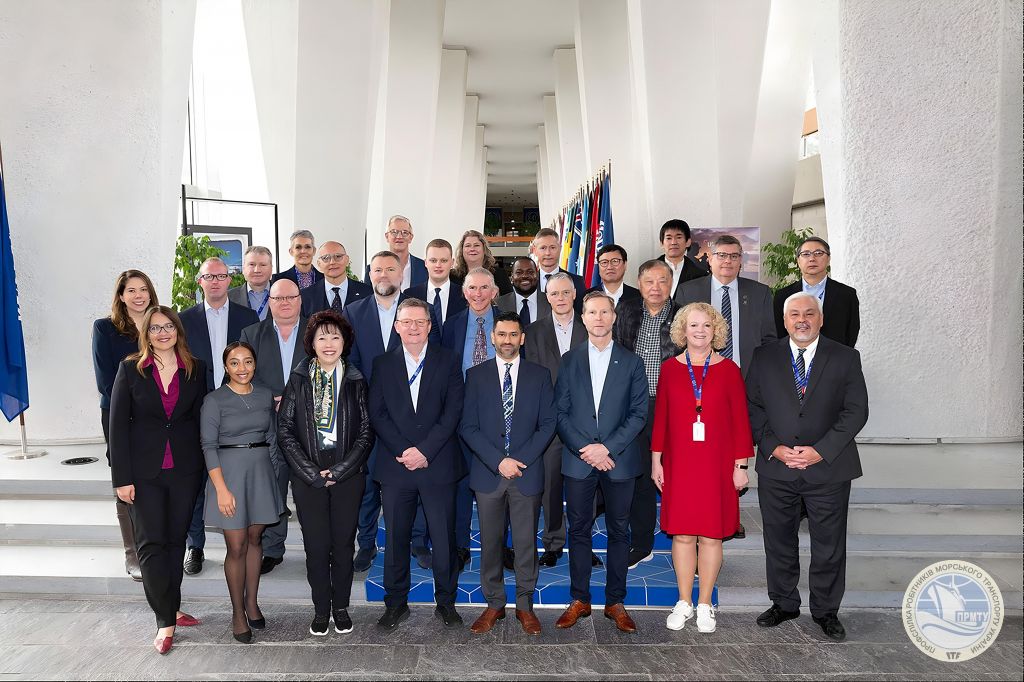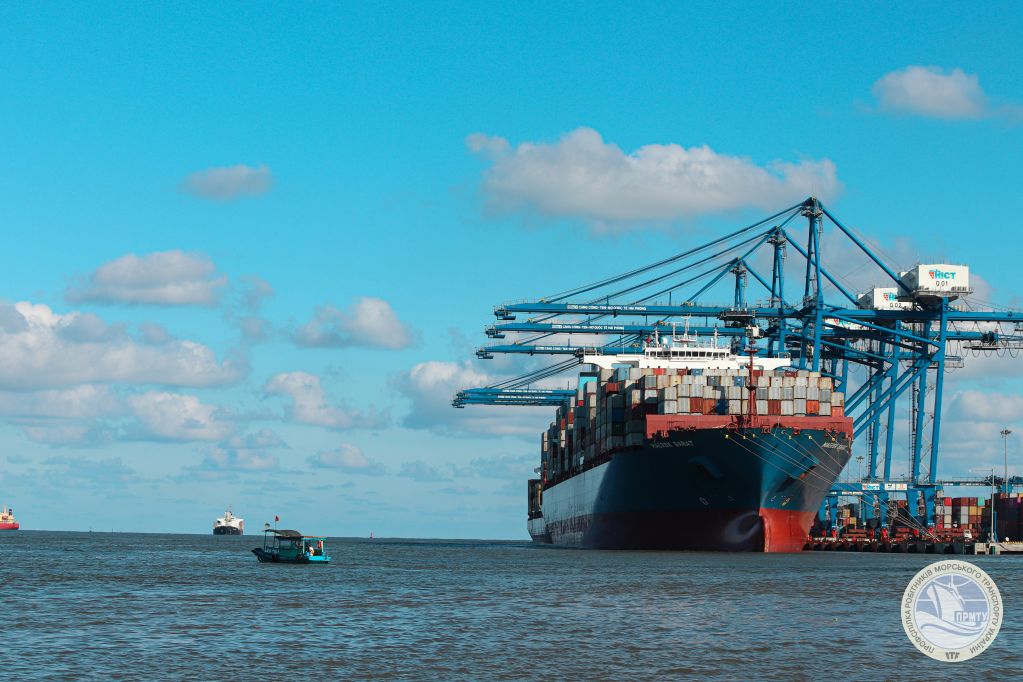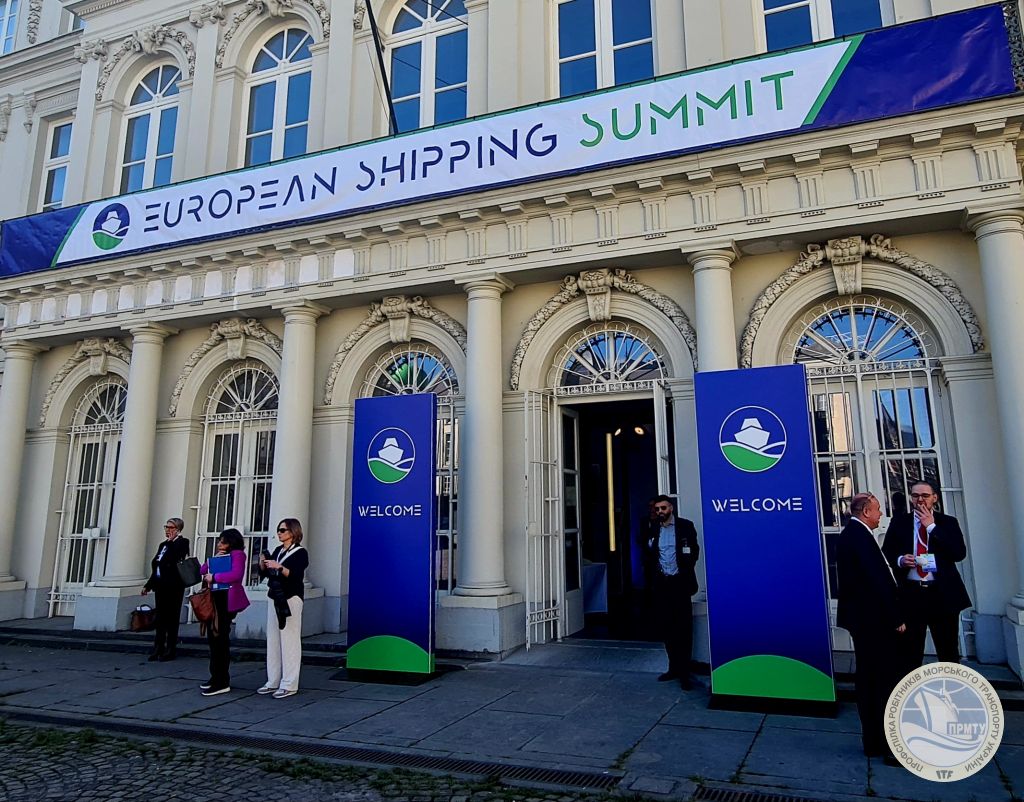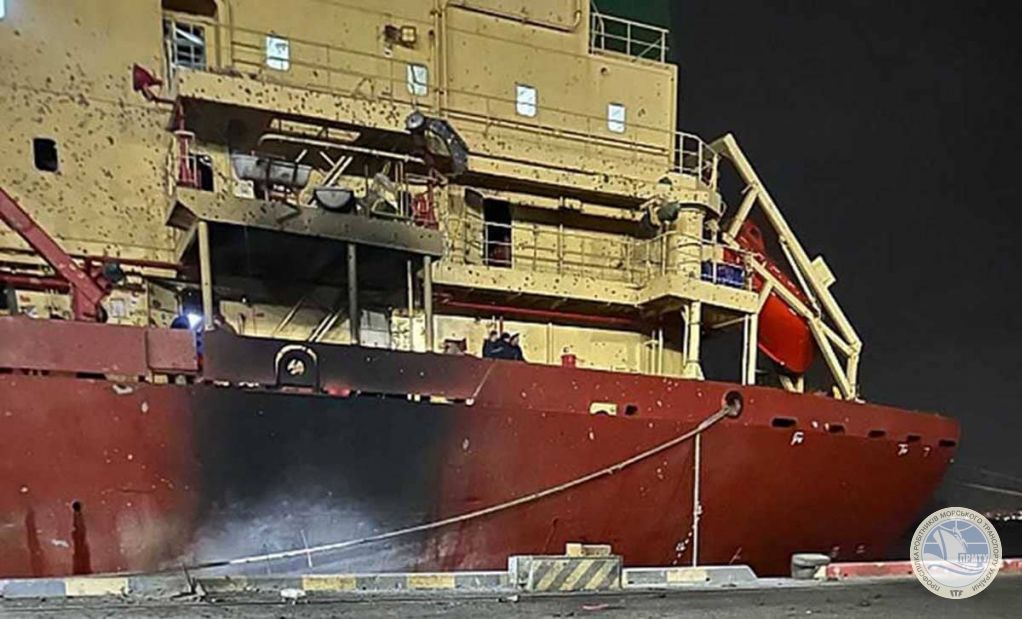Amid a rise in seafarer abandonments linked to vessels employed in sanctions trades, a fleet of gas tankers stands out as a repeat offender.
A fleet of LPG carriers linked with Iranian gas shipments has amassed an alarming number of abandonments,illustrating the adversity faced by mariners on board dark fleet vessels.
THE continuing rise in seafarer abandonment cases is at least partly being fuelled by the growing dark fleet* of ageing, opaquely operated ships servicing sanctioned trades.
Lloyd’s List analysis of the International Transport Workers’ Federation abandonment reports from January 2023 through to September 2024 reveals that of the 60 abandonments reported on board tankers and liquefied petroleum gas carriers, half took place on those involved in Russian, Iranian and Venezuelan trades.
Several of the vessels had more than one case reported during the period, and two had as many as three abandonments.
Abandonment cases, where crews are left unpaid often without sufficient food, water and fuel, have been steadily rising for the past three years.
Data from the ITF and International Labour Organisation shows that recorded abandonment cases so far this year are already close 90% of last year’s recording breaking tally of 178.
While some of that steep rise is believed to be the result increased reporting, the data also reveals the outsized role that dark fleet tankers and gas carriers play in the maltreatment of mariners.
Shadow fleet tankers hauling sanctioned oil cargoes are now routinely involved in incidents including collision and oil spills, according to insurer Allianz.
While its most recent annual report published in May detailed at least 50 incidents recorded there have been dozens reported since and, according to Allianz’s analysis, the steadily increasing sanctions placed on Russia and existing regimes targeting Venezuela, Iran and North Korea have led to a rise in a fleet of poorly inspected and elderly vessels often with inadequate insurance.
Reported abandonments in 2024 have almost tripled 2021
An abandonment poster child
Exemplifying the adversity and risks faced by mariners on board these vessels is a fleet of ageing gas tankers linked to Iranian LPG trades that has amassed an anomalous record of seafarer abandonment complaints in recent years.
An analysis of records from the ITF and the UN’s International Labor Organisation found that 25 abandonment took place on board 16 LPG carriers since January 2022, although almost all have been resolved.
Of those, 22 abandonments were on board 13 vessels that a Lloyd’s List investigation published in November Found were linked through a complicated network of Panama-based shell companies.
Of the 22 abandonments, 17 took place on ships managed by three Dubai -based ship managers, Sea ShipManagement LLC, Venture One Ship Management LLC and Aspero Ship Management FZE.
Venture One Ship Management, which has clocked four abandonments since 2022, shares a phone number with,and is registered in an adjacent Dubai office to Sea Ship Management, which has recorded seven abandonment over the same period. Aspero registered six abandonments, including four on board the very large gas carrier Niba (IMO: 9046784).
Lloyd’s List approached the three companies and the three other ship managers linked to the remaining five abandonments, for comment. Venture One and Aspero were the only two companies to respond, andboth blamed the multitude of abandonments on difficulties paying and recruiting Ukrainian seafarers stemming from Russia’s invasion and the ongoing war.
“The seafarer abandonment issue is quite technical and inserted in the context of the war in Ukraine,since, as you know, most of the LPG tanker seafarers are from Russia and Ukraine,” Venture One said.
“Our crew is mainly composed of Ukrainian seafarers,which has caused many issues that have already been reported to the ITF. Such issues are shared with many other companies that rely on Ukrainian seafarers. For іnstance, the Ukrainian legislation is in constant modification and impacts the permits and renewal of documentation of our crew. Moreover, due to the migration of Ukrainians, there are often changes in their documentation and bank accounts, which has a strong impact in the crew recruitment process and their salary payments.”
Aspero Ship Management said: “The multiple cases of seafarer abandonment we are facing are exclusively due to the fact that we work with Ukrainian seafarers,and this was made extremely complicated due to the war in Ukraine (recruitment, seaman’s book,Ukrainian legislation, bank accounts, payments,etc.).”
Neither company explained why seafarers of other nationalities were also abandoned.
Lloyd’s List put both Aspero and Venture One’s responses to the head of the Marine TransportWorkers Trade Union of Ukraine, Oleg Grygoriuk, who said the issues they raised were “routine” for managers and owners globally “who keep maintaining co-operation with thousands of Ukrainian seafarers”.
Grygoriuk acknowledged that there were issues with obtaining new Seamen’s Books, but said the issue is affecting “very few seafarers”.
Regarding bank accounts, he said this was only an issue if the seafarer was born or resided in the occupied territory of Crimea, but that almost every Ukrainian seafarer has reregistered in other regions to avoid banking issues.
“Maritime legislation is getting more transparent and digitalised and can’t serve as an argument to abandon seafarers”, Grygoriuk said.
“[Neither can] all other arguments that were mentioned.”
Opaque structures
Transparency is, however, a significant problem when trying to unravel abandonment cases, particularly when dealing with dark fleet vessels.
In the sample of gas carriers examined by Lloyd’s List the links between the structures behind these vessels remain resolutely opaque.
A 2022 abandonment report for the Belize-flagged, very large gas carrier Echo Star (IMO: 9134294), stated that the vessel was of “the same principal in United Arab Emirates” as Gas Vision (IMO: 9115303), Danuta I (IMO: 9193721), Captain Nikolas (IMO: 9008108) and Niba, Sona (IMO: 9005053).
Shipping databases showed the vessels were managed by four different managers at the time. An ITF inspector told Lloyd’s List the abandonments were all linked to Sea Ship Management.
Sea Ship Management did not respond to an emailed request for comment.
Venture One denied having any affiliation with Sea Ship Management, or any of the other ship managers. It declined to comment on who owns the company, or to give the name of its managing director or chief executive.It said it serves only as a technical manager and cannot reveal who owns the vessels it operates, citing confidentiality concerns.
Aspero Ship Management likewise denied any affiliation with the other shipmanagers, said it does not own the ships, and declined to comment on who owns them, citing confidentiality reasons.
The LPG carriers were routinely engaged in deceptive shipping practices that are the hallmark of the dark fleet of ships engaged in Russian, Iranian and Venezuelan oil trades.
Both Aspero and Venture One expressed dismay when asked about their vessels’ involvement in Iranian LPG trades and use of deceptive shipping practices. After Lloyd’s List provided examples and dates of when their vessels are suspected to have called in Iran, Venture One said it will “conduct a thorough investigation and get back to you if need be”.
Aspero restated that it does not own the vessels, claimed the incidents provided by Lloyd’s List were “very unlikely”, but said it will “check these allegations ASAP”.
Lloyd’s List has attempted to reach the LPG carriers’ owners through the corporate agents in Panama but did not receive a response.
The Echo Star’s abandonment remains disputed. The vessel was managed by Pacific Petroline DMCC at the time of the abandonment but has recently switched management. Pacific Petroline and the Belize registry did not respond to emails requesting comment.
Detentions, flag-hopping and P&I changes
Aside from the abandonments, the fleet also carries a lengthy detention sheet.
One of the LPG carriers linked with the fleet is the 1972-built LPG carrier White Purl (IMO: 7230666), which caught fire off the coast of Assaluyeh, Iran, in August 2023 while signalling its location to be hundreds of miles southeast of its actual position.
White Purl’s crew was able to evacuate unharmed, local media reported, but the veteran LPG carrier had to be towed to the scrap yard, ending its illustrious yet overextended career.
Eight VLGCs in the fleet being examined by Lloyd’s List were detained a combined 13 times since January 2022, with the last detention taking place in April 2024, according to port state control and Lloyd’s List Intelligence data.The 13 detentions comprised more than 10% of all LPG carrier detentions globally over the period.
Nearly all vessels in the fleet were flagged by Panama at the start of 2024, but many have since reflagged, often more than once.
For instance, the VLGC Sona was ejected from Panama’s registry in April, with its publicly available deletion certificate stating the cause of deletion as “serious violation of Panama's current laws, of any maritime safety,pollution prevention, or maritime security regulations, or of any international convention ratified by the Republic of Panama”.
Aspero, which manages Sona, said they received a different document from “the public authorities in Panama”that did not contain that information. Sona was later ejected from Cook Islands after a brief stint under its flag. The ship’s current flag is unknown, according to Lloyd’s List Intelligence data, but insurer Ro Marine lists its flag as Guinea.
The Norwegian insurer told Lloyd’s List in September that it was investigating “dark trading periods” for eight of the gas carriers linked to the fleet.
*Lloyd’s List defines a tanker as part of the dark fleet if it is aged 15 years or over, anonymously owned and/or has a corporate structure designed to obfuscate beneficial ownership discovery, solely deployed in sanctioned oil trades, and engaged in one or more of the deceptive shipping practices outlined in US State Department guidance issued in May 2020. The figures exclude tankers tracked to government-controlled shipping entities such as Russia’s Sovcomflot, or Iran’s National Iranian Tanker Co, and those already sanctioned. Download our explainer on the different risk profiles of the dark fleet here
What constitutes crew abandonment?
While most of the cases associated with these ships have been resolved, the conclusion of an abandonment does not negate the harm inflicted upon seafarers and their families
Crews are considered abandoned if their wages are not paid for two months or more, of if they are not provided with sufficient food, water and fuel.
An abandonment is resolved when the seafarer receives their wages and is repatriated home. However, that resolution does not negate the impact such incidents have on seafarers and their families.
“The circumstances from when the abandonment first occurred until it was finally resolved are important,” said Philip Schifflin Jr, director of the Center for Mariner Advocacy at the Seamen’s Church Institute. “For example; how long did the seafarers have to wait for the wages they were owed? During this period of time, their loved ones that rely on those funds for things like housing, food, school supplies and tuition, medical expenses, etc are all negatively impacted because the pay was not received on time,” he told Lloyd’s List.
Additionally, when a seafarer is not repatriated in time, they may miss important life events they had planned to attend, like a wedding or child’s birth. Their work rotation could also be impacted.
“Bottom line, it’s certainly better when an abandonment case gets resolved, but not all the harms that the seafarers suffered throughout the process are wholly resolved,” Schifflin said.




